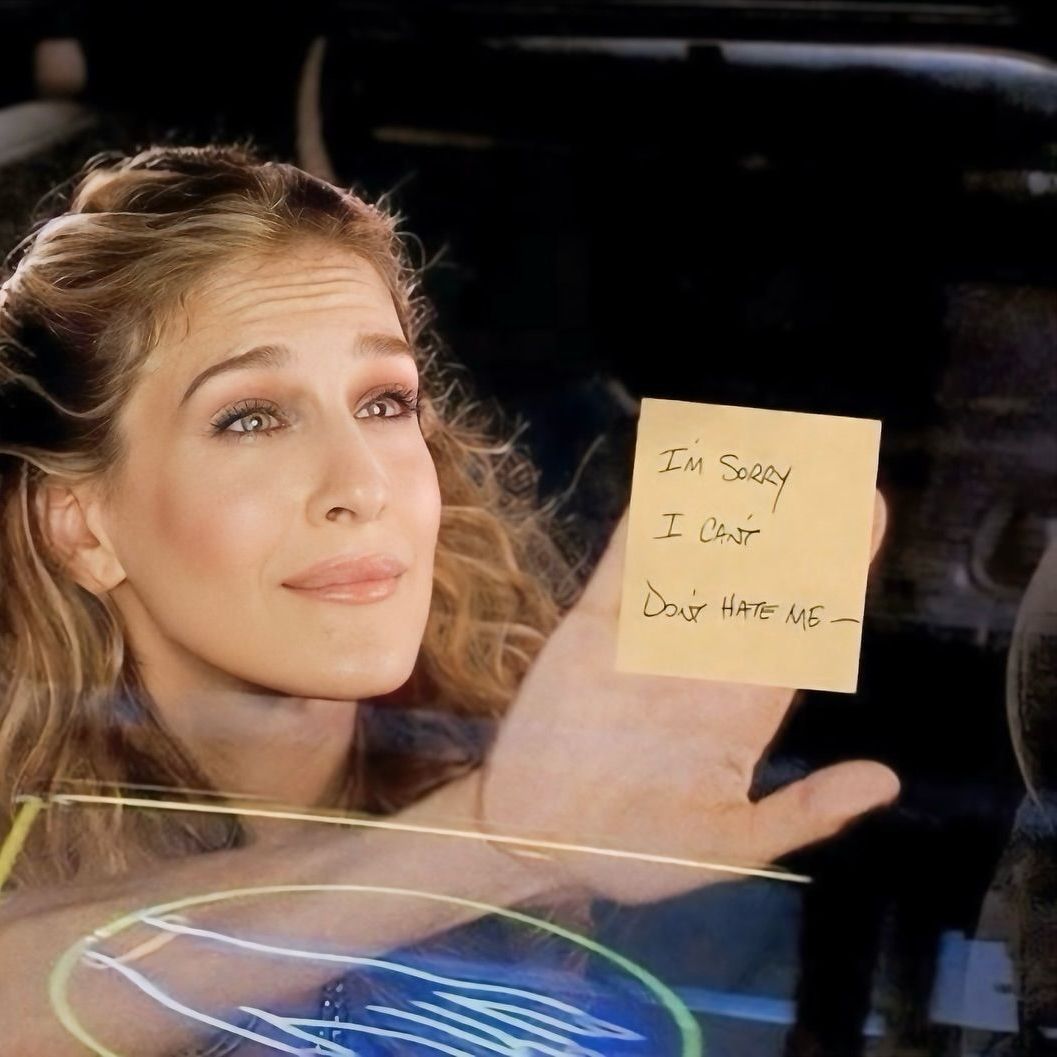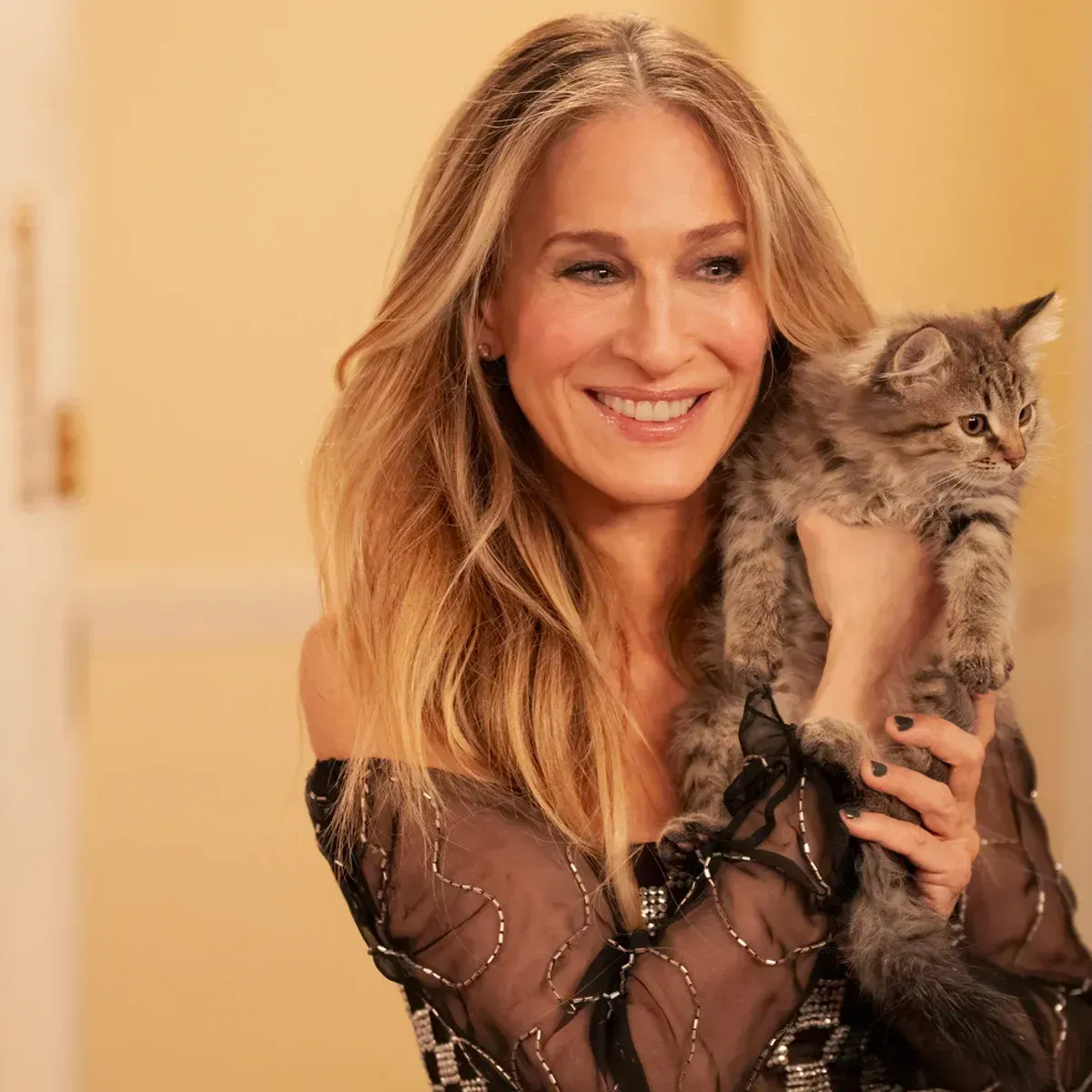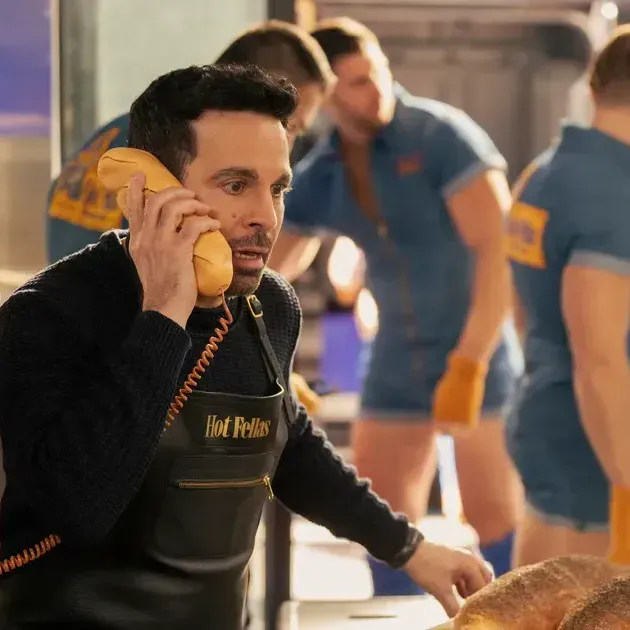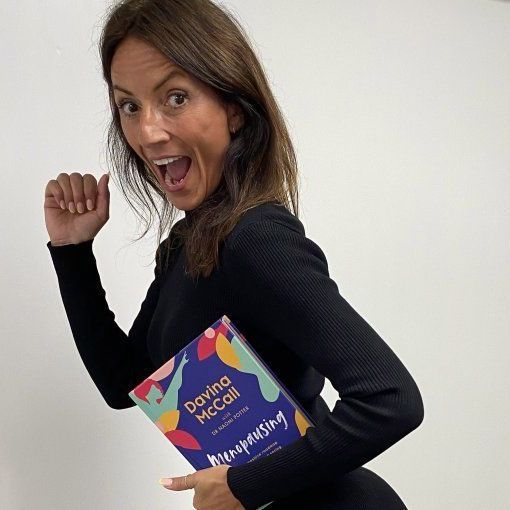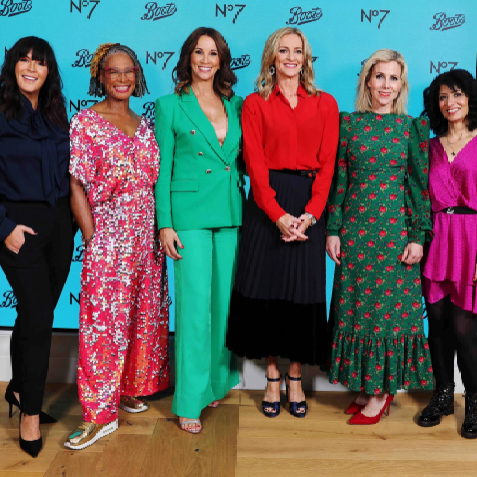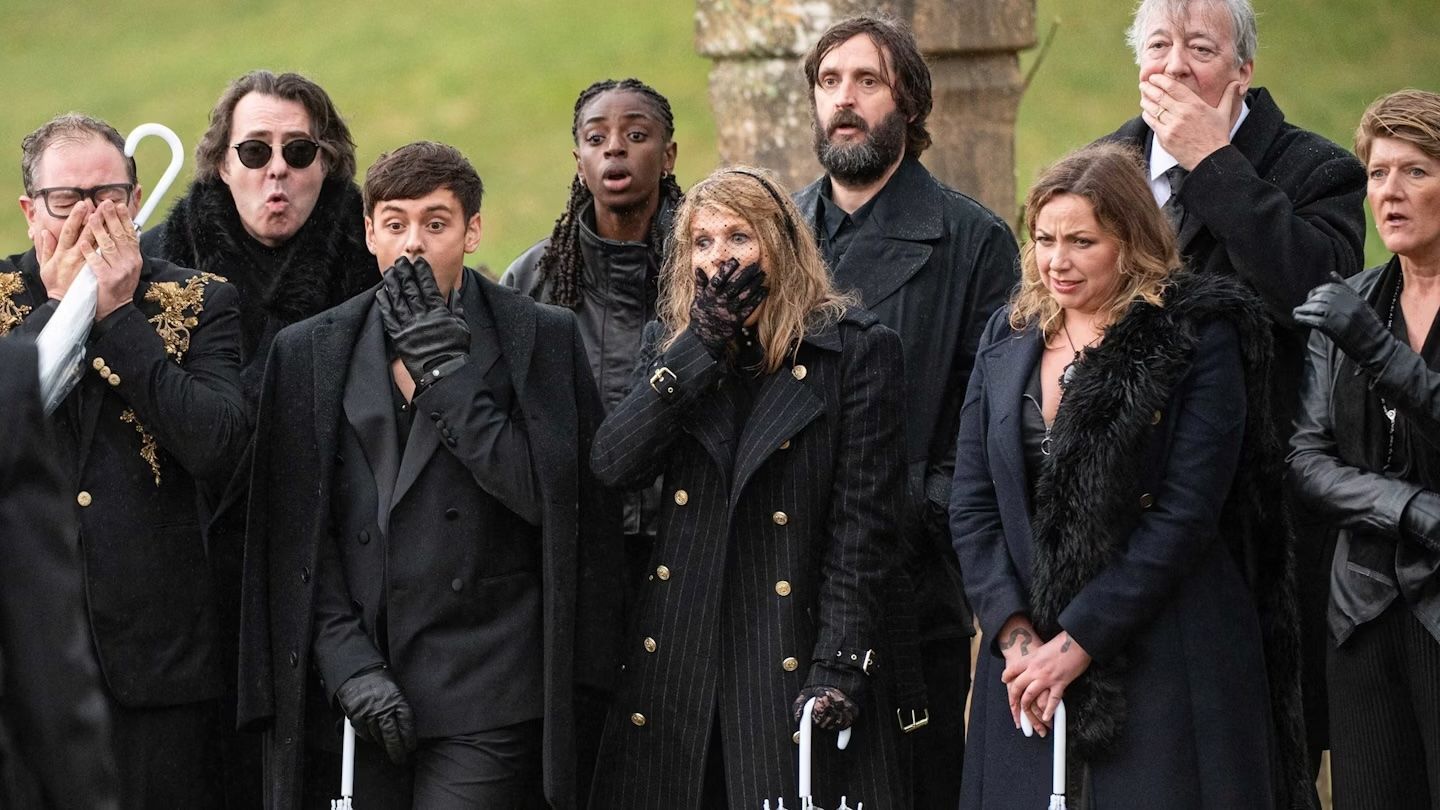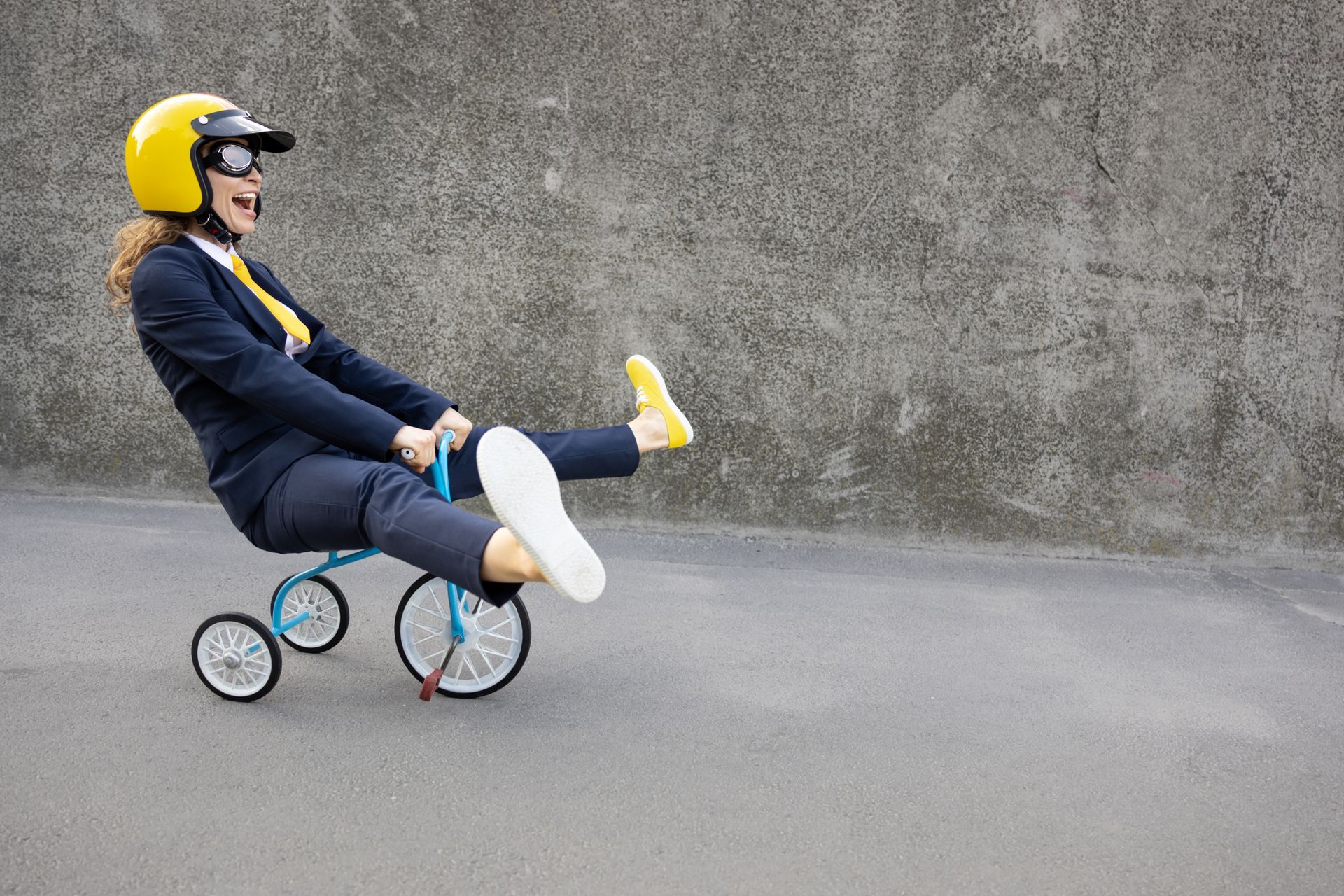By Nikki Neale
•
August 18, 2025
The surveys say SMEs are resilient - and we are. According to The Times, 68% of SME leaders are feeling confident and believe their businesses can withstand “further shocks”. And let’s face it, over the last few years we’ve weathered some: Covid lockdowns, inflation spikes, energy costs, supply chain crunches, Liz Truss (!), and a tech hype cycle that promised the world and often delivered more disruption than clarity. Our work with SMEs tells us something more nuanced than the headline suggests: we can survive another storm, but we don’t want to. Constant firefighting is unsustainable. We’ve run Perspective Analysis with SMEs for the past five years. It’s our diagnostic that reviews businesses across 180 data points, highlighting where we thrive and where we struggle. Layer that with the wider trend data we track, and a picture starts to form of the issues we’ll all be facing in 2026. And despite all the noise, this isn’t about AI. AI is a tool for the future, not the be-all and end-all. The fundamentals that will make or break us are much more human: planning, leadership, people, money, and the capacity to keep moving without burning out. When your leadership plate is already full, these are the fundamentals we believe will make the difference in 2026. 1. Planning as a Living Process Too many of us still spend months producing static, 50-page plans that end up on a shelf. Some set ambitious sales targets but leave out the actions that would make them real. Others simply roll from year end to year start as if nothing has changed. None of it works. What we’ve seen instead and what will define the most successful SMEs in 2026 is a shift to shorter planning cycles. Quarterly or six-monthly reviews anchored in a long-term vision, not just an annual ritual. This rhythm makes us more resilient to our business specific shocks like sudden cost hikes or a key person leaving; the kind of changes that barely dent corporates but can throw SMEs off balance. Research shows that companies revisiting strategy quarterly are three and a half times more likely to report above-average growth. That’s the difference between a plan as a document and a plan as a living process. Question to ask ourselves: How often are we really stepping back to check if our plan still fits the reality we’re in? 2. Execution Gaps Strategies rarely fail because they’re bad. They fail because they never get delivered. We see this execution gap everywhere: visionary leaders running ahead of their teams, boards that don’t translate decisions down a level, or leaders who underestimate the communication skills needed to bring people with them. Calling these “soft skills” undersells their importance. In a world where tech can automate processes but can’t inspire or align people, the ability to translate strategy is non-negotiable. McKinsey estimate that 70% of strategies fail in execution, and poor communication is one of the main reasons. For SMEs, where layers of management are thin or absent, that failure rate could feel even harsher. Question to ask ourselves: What’s the biggest reason our strategy might die between the boardroom and the front line? 3. Capacity Reality Checks Most of us are already running at full tilt. 62% of SMEs see staffing and capacity as their biggest barrier to growth and it shows. Ideas for growth sound simple ‘in the room’ when they’re devised but once broken down into working days they pile onto already stretched teams. AI may ease some of the load, but it also tempts us into over-committing, assuming the tech can carry more than it really does. The real competitive edge in 2026 will be the businesses that honestly measure capacity, set realistic plans, and protect the human energy that makes execution possible. Question to ask ourselves: Do we actually know our team’s capacity or are we just piling more on and hoping it sticks? 4. Short-Termism Risk After years of reacting to crisis after crisis, it’s no surprise that short-termism takes hold. Economic uncertainty keeps pulling us into tactical, quarter-by-quarter decision-making. Too often, “vision” is treated as a marketing strapline rather than the driver of the business. The result is fragmented focus: chasing sales without really understanding why customers buy, hustling to survive without pausing to think. The British Business Bank found in 2025 that almost half of UK SMEs set their planning horizons at 12 months or less. That may feel safe, but in practice it means firefighting instead of steering. Question to ask ourselves: What’s the anchor that will keep us from reacting our way through 2026? 5. Financial Fluency The ability to read the P&L isn't absent in SMEs, but it is often a weak spot as it’s not our first love. Finance functions can lean towards control rather than ambition, and many leaders are not fully confident on the basics of margin, cash flow, and pricing. Pricing too often finger-in-the-air when it should be treated as part of the marketing strategy (honestly – marketing isn’t just about your social media channels). And cash can be overestimated or underestimated in equal measure - sometimes treated as the only thing that matters, other times ignored until it’s too late. Finance will continue to be one of the biggest fault lines. CB Insights analysis shows that 82% of small business failures are linked to cash flow mismanagement. In a climate where shocks to costs and sales are still likely, financial fluency will be the dividing line between resilience and fragility. Question to ask ourselves: Do we, as leaders, really understand the numbers that matter or are we still outsourcing confidence to finance? 6. Key Figure Reliance It isn’t just founders. Any SME leaning too heavily on one key individual - the founder, the MD, or the star operator will remain brittle. When that person is absent, fatigued, or distracted, everything wobbles: decisions slip, people get unmanaged, balls get dropped. PwC’s Family Business Survey found that 58% of SMEs have no succession plan in place. That number underlines the risk: relying on one person to hold everything together is not a strategy. After years of survival being carried on individual shoulders, 2026 must be the year where leadership depth becomes a priority. Question to ask ourselves: If our key person walked away tomorrow, what would actually break? 7. People Strategy as Core Strategy Hiring, culture, capability-building, mentoring and coaching are moving from “HR admin” to the heart of the business plan. In SMEs, where every hire counts and culture is set by how we work together, these choices directly shape performance. AI is already taking a scythe to whole industries, stripping out roles, processes and in some cases entire business models. That makes taking care of people non-negotiable. If technology is redefining what jobs look like, we must keep our people skilled, engaged and clear about where they fit in the future. The CIPD’s Learning at Work report found SMEs investing in training see productivity rise by nearly a quarter compared to peers who don’t. That’s why in 2026, people strategy won’t be optional. It will be the strategy. Especially after years of attrition, fatigue and pressure, keeping people engaged and capable is the only way through. Question to ask ourselves: How are we deliberately building capability and resilience in our people, not just relying on goodwill to carry us through? 8. Change Fatigue Covid, inflation, energy shocks, supply chain crunches, tech hype - the past four years have been relentless. Teams have adapted again and again, but resilience has a limit. We’re already seeing the drag of constant pivots and restructures. Deloitte’s research found that 73% of employees report moderate to high levels of change fatigue. For SMEs, which often move faster and harder than corporates, that fatigue will be even sharper in 2026. After so many storms, leaders who don’t acknowledge fatigue risk disengagement, that no amount of resilience can patch over. Question to ask ourselves: Can we tell the difference between a team that’s adapting and a team that’s simply exhausted? 9. Scenario Planning Becomes Normal Hope is not a strategy. After years of 'shocks', contingency planning is becoming normal in SMEs, not just something large corporates do. “What if” scenarios around losing a client, costs doubling, or a supplier failing are shifting from theoretical to routine. Barclays’ SME Pulse reported that the proportion of SMEs with formal contingency plans rose from 26% in 2020 to 45% in 2024. That trend reflects lived experience: after four years of turbulence, none of us want to be caught out again - and it's here to stay through to 2026. Question to ask ourselves: What’s the one “what if” scenario we’re least prepared for and why? 10. Measurement That Moves the Needle Dashboards aren’t the problem - irrelevant dashboards are. The shift we’re seeing is away from vanity metrics and towards lean, decision-driving indicators. The dashboards that matter in 2026 will be the ones that directly move the needle, not just track activity for the sake of it. Gartner’s 2023 survey found that 67% of leaders experience “dashboard fatigue” from tracking too many metrics. The lesson for us is clear: measurement only matters if it drives action, especially when the cost of wasted energy is higher than ever. Question to ask ourselves: Which of our dashboards actually changes decisions and which are just noise? The Bottom Line We know SMEs can survive storms - we’ve been doing it for years. But resilience alone is not enough. After years of firefighting, the leaders we'll see thriving in 2026 will be the ones tackling these fundamentals head-on: keeping planning alive, closing the execution gap, setting realistic capacity, anchoring to vision, building financial fluency, reducing reliance on key figures, making people strategy central, pacing change, planning for scenarios, and measuring what matters. Because surviving storms is one thing. Choosing not to live in permanent firefighting mode is another.
